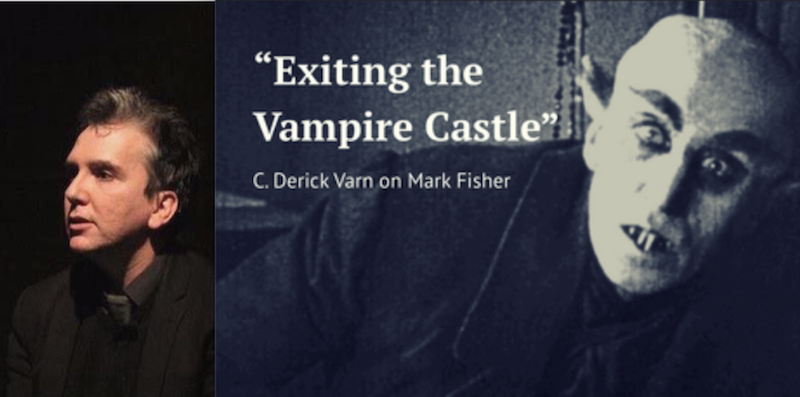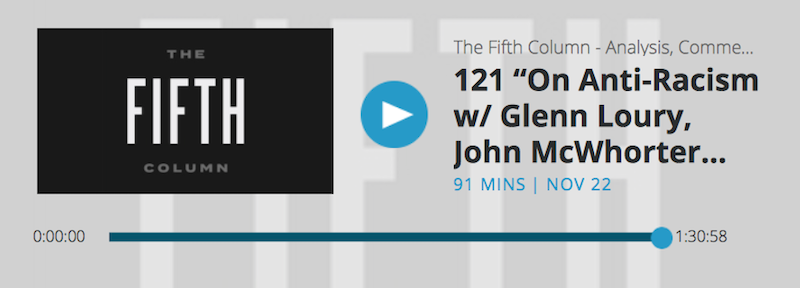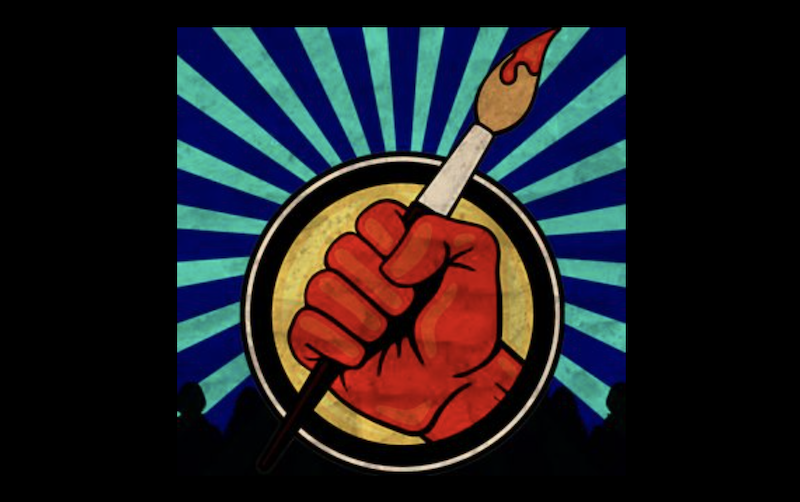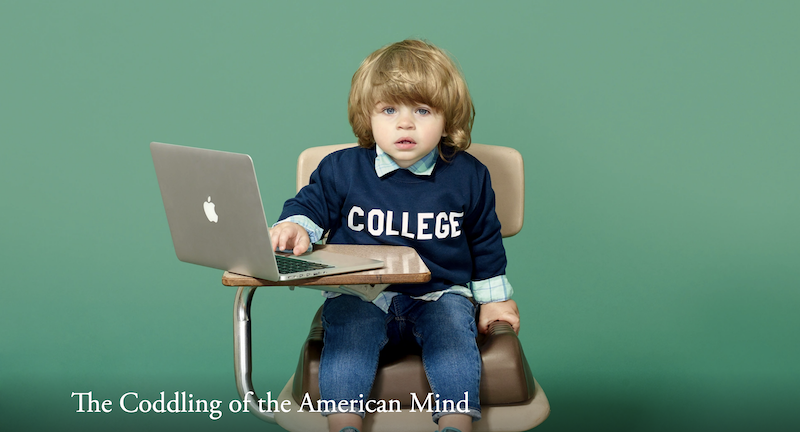In this podcast, Heterodox Academy interviews Tania Reynolds, the researcher of a recent study that revealed how men and boys are seen as less deserving of empathy, protection and mercy and are unfairly perceived as perpetrators. This podcast is especially poignant given the American Psychological Association’s recent adoption of the first-ever APA guidelines for working with men and boys. It is notable that even practicing female therapists are questioning the pathologizing of males in the APA and beyond. Another piece by a female psychotherapist is called “Masculinity is Not a Sickness”.
SOCIAL JUSTICE EVOLUTION
Perspectives on Ideological Conditioning and Change
Part III: Foundational Podcasts
Here is also a link to one of the best articles that examines the complexities around Mark Fisher’s life and death.
Mark Fisher was a Marxist activist who worked all his life to advance the rights of working people from all backgrounds. But, after he dared to critique the emerging culture of weaponized victimhood and bullying in the social justice movement in his famous essay "Exit From the Vampire Castle", he was viciously crucified by the social justice mobs. In 2017 Mark committed suicide.
Early on, at the beginning of the rise of what Fisher called “Identitarianism” in leftist/social justice political movements and subcultures, he was one of the first publicly known activists to sound the alarm. And that his death was ridiculed, mocked and even celebrated by his critics should give us pause.
As one of the editors who originally commissioned Mark's essay in the first place, C. Derick Varn has special insight and discusses Mark's story in this podcast.
This podcast features four black men (academics, political commentators and writers) who discuss the drawbacks of the specific ideology of “Anti-Racism” that has become mainstream in the Western world since 2011. Though these men identify as liberal, some of them advocate a commitment to personal responsibility and don’t attribute all struggles and difficulties to systemic bigotry - views that are similar to black conservatives like Larry Elder.
PARTICIPANTS: Glenn Loury, Professor of the Social Sciences and Economics at Brown University and host of The Glenn Show @ bloggingheads.tv … John McWhorter, Linguistics professor at Columbia University … Coleman Hughes Writer, Quillette Magazine … Thomas Chatterton Williams author of, “Losing My Cool”.
In this podcast, Helen Pluckrose and James Lindsay discuss their 2017 essay "A Manifesto Against the Enemies of Modernity". This lengthy essay investigates what the authors perceive as a two pronged-attack on modernity, which they define as Enlightenment morality and science, from the adherents of both postmodernism and pre-modernism.
Pluckrose and Lindsay identify the postmodernists and the pre-modernists as the extreme fringes of the left and right respectively and not post and pre-modernists in general. Whilst at the opposite end of the "identitarian horseshoe" they identify both sides as being similar in their extreme authoritarianism. Both sides have ventured to such extremes they believe their opponents as existential threats to humanity. This extreme and "existential polarization" has the consequence that people who are in fact centrists are caught in the middle and viewed as being far-left or far-right by the extremist, often simultaneously. This polarization has become so deep that the authors believe that modernity is at significant risk and that both opposing sides seem intent on its destruction. Pluckrose and Lindsay also believe that this polarized partisanship results in people thinking along ideological lines and without reason, a phenomenon often referred to as "groupthink".
In this podcast, author and social commentator Sohrab Ahmari discusses the influence of identity politics on contemporary art and how it has come to dominate them. Ahmari believes that not only is much of this art ugly, but that it has terrible consequences for art and society in general by “fuelling narcissism, division and political conformity”.
During this investigation, he talks to people from both sides of the argument. The critics of identity politics’ domination within the canon claim that certain subject matters are taboo, a fact that they feel goes against the traditions of art and that young artists are being encouraged to pursue this course because it is an easy source of funding and an easy path to notoriety. Many see the exponents of contemporary art as being primarily interested in the self and is often a narcissistic display to place oneself above the masses.
Those who support identity politics within the canon believe it allows marginalized communities to express themselves in creative ways within a privileged environment. Many argue that art has always been political, that all politics is "identity politics” and that this new trend within the canon merely addresses historical imbalances.
In this podcast, constitutional lawyer Greg Lukianoff and founder of Heterodox Academy, Professor Jonathan Haidt investigate the effects and consequences that social justice ideology (SJI) within academia has on the students themselves, rather than on academia in general. This podcast, which is also available in written form, is centered around their critically acclaimed book “The Coddling of the American Mind”.
Haidt and Lukianoff argue that protecting students from subjects they may find offensive not only ill-prepares them for a life outside of academia but can damage their mental health and can cause some to think pathologically. Alongside these potential consequences, there have been more immediate effects, such as a significant increase in the reporting of mental health disorder, including depression and anxiety.





